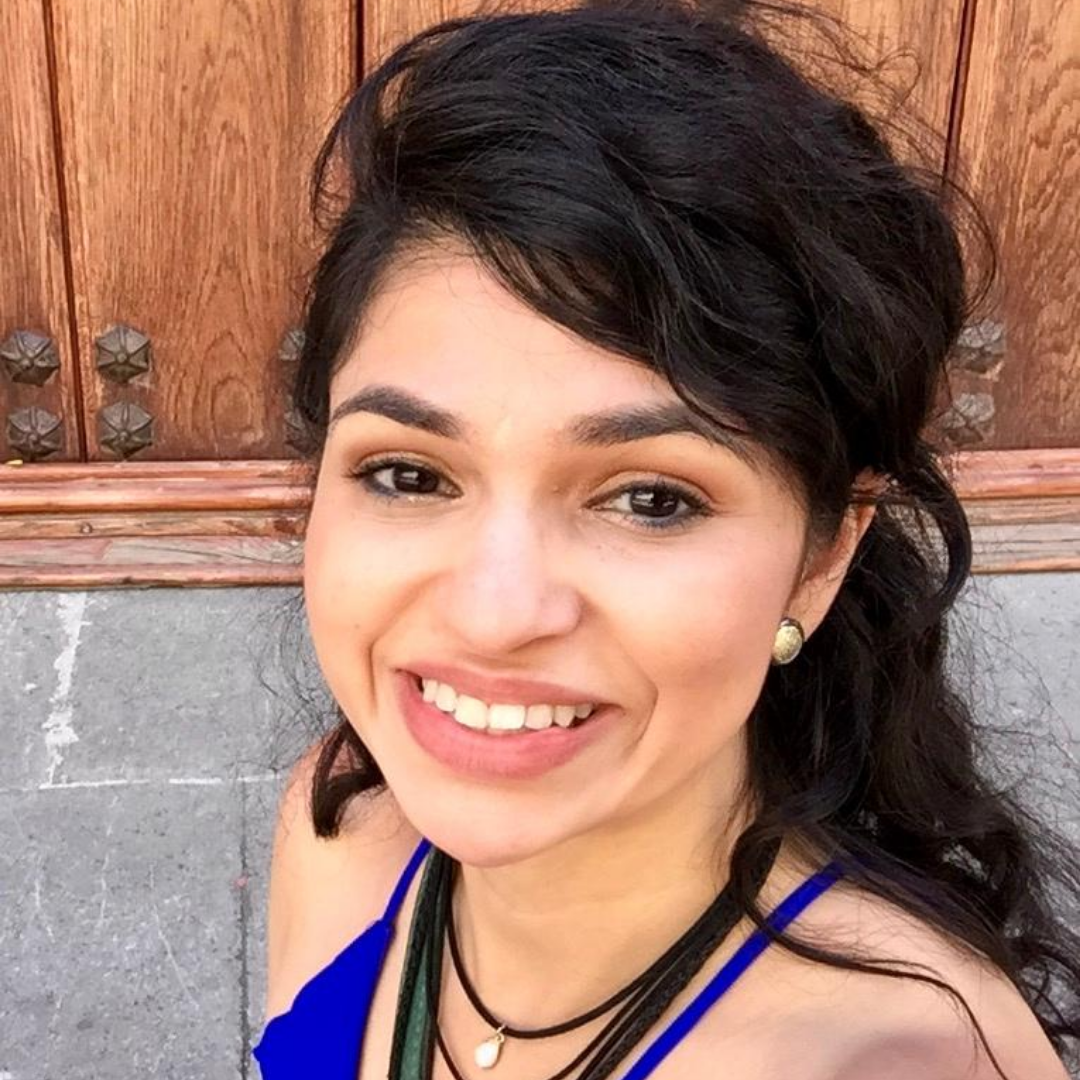Describe your personal, educational, and professional experiences and how they informed your decision to pursue a graduate degree.
My decision to pursue a graduate degree in social work came after some consideration. Initially, my goal was to attend law school and become an immigration lawyer. As I worked with different populations, I realized that the way I wanted to effect change wasn’t through a law degree. For about 3.5 years, I worked as a Speech Language Pathologist – Assistant (SLPA). In that role I had the opportunity to work with children with communication delays and disorders. Most of my clients were Spanish speaking children and children of parents that were undocumented. I found myself not only providing therapy, but also helping families access additional resources and letting them know what their rights were, regardless of their legal status. While I was an SLP-A, I realized that I wanted to pursue a career where I’m either working with communities on the ground or working to effect policy change. This is when social work just clicked. People often think of social work as a field just for CPS workers. But it is much more than that, it is a field where we look at humans and their environments, and we realize that issues don’t just exist, there are underlying issues that must be addressed to effectively create equitable change.
What challenges did you encounter along your educational trajectory? How did you overcome those challenges?
Some challenges I overcame during my educational trajectory and currently am, are identifying professors that could help me meet my goals, finding opportunities that aligned with my interests, and finding opportunities when completing a hybrid program (it is mostly online and some in person classes). I overcame these challenges by asking questions. Whether that is during class or after class. Through doing this, I found professors that until this day are very supportive and have been role models for me throughout this process of being a student. Which personally, I will always consider myself a student. Learning feeds my soul. Also, by learning about different professors and their research interests. Most professors are more than happy to share what they know or to keep students in mind for future opportunities. As a student in a hybrid program, it can sometimes feel difficult to take part in certain opportunities that are much more accessible to students that attend classes on campus full-time. What has been helpful to me is staying in touch with my advisor, again reaching out to professors that are doing research in areas I am interested in, and sharing ideas I have. You will find that most schools will welcome new ideas and can also put you in contact with other students that have similar ideas/interests.
What advice do you have for individuals who are interested in pursuing a graduate degree?
My biggest advice for individuals who are interested in pursuing a graduate or other professional degree is make sure to network! Specially for those of us that are first-generation students. We don’t have parents that know so and so. We are tasked with making those connections and keeping them. So this means reaching out to your professors and being active in other school opportunities. When you attend other events, like conferences, don’t just keep those business cards, follow-up. Also, ask questions in class and give your insight. Don’t leave class with doubts. Always keep your why in mind. Why did you decide to pursue a graduate degree? When things get difficult and/or overwhelming, remember why you are doing it.
What did you enjoy most about your graduate/professional program?
What I’ve enjoyed the most is the continuous opportunities for learning and connecting with others. We will never know everything and it has been great to learn from others or be exposed to different ideas.
Laura is a U.S. born Salvadoran. She has worked with survivors of violence, both children and adults, as well as worked with children experiencing communication disorders and delays. Laura is currently pursuing a Masters in Social Work with a macro concentration and a specialization in health and behavioral health.


